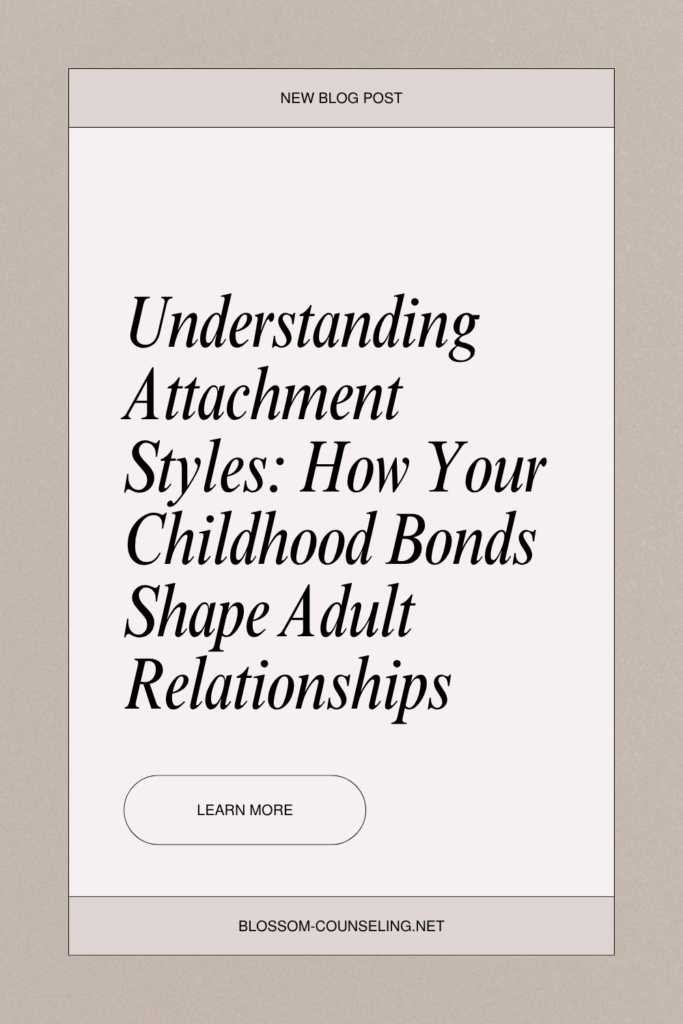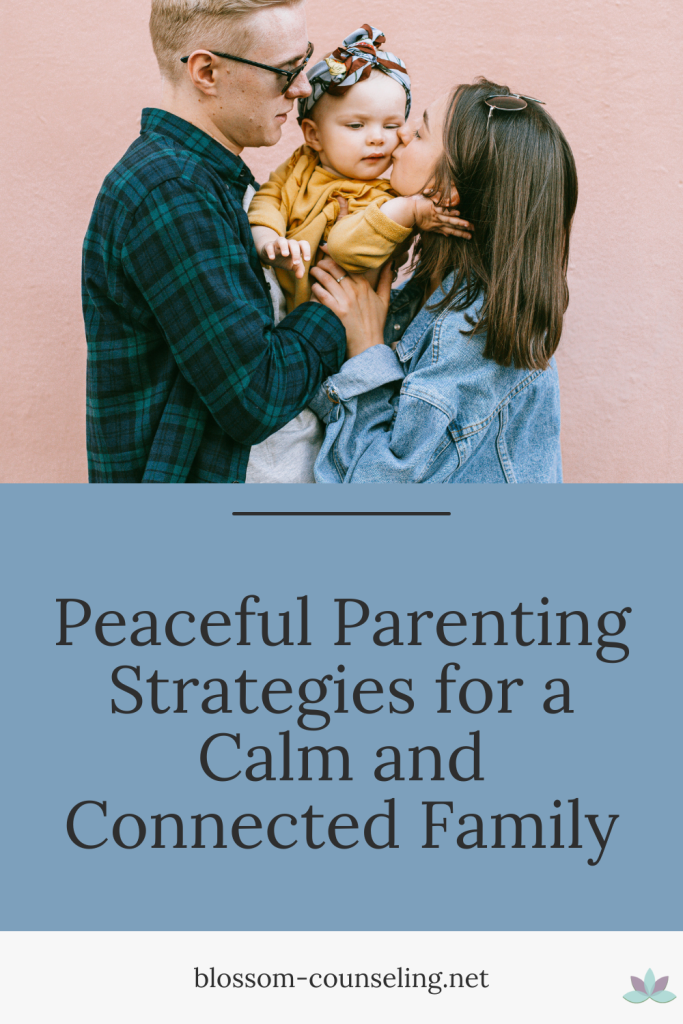
Have you ever wondered why it seems easier to spend forever with someone at the beginning but after a few years forever seems like…well…forever? While we want to be an old happy couple in the future sometimes that can seem unrealistic or dang near impossible. We grow and change as individuals and that can make it really hard to grow as a couple together over the years.
If you are feeling disconnected from your partner, don’t be discouraged! It is perfectly normal to go through pits in your marriage. Even if you aren’t feeling disconnected the tips I talk about can still be applied to your relationship to maintain that connection.
We all know about the honeymoon phase. The sweet romantic love of new relationships. We want to hold onto it for as long as possible and when it’s gone, we want it back. Here’s why. The field of neuroscience has done some very interested work in looking at brain activity throughout the marriage lifespan.
Studies consistently show that couples are happier for the first 2 to 3 years because our brains release a chemical called, Phenylethylamine (PEA). PEA is a natural amphetamine that causes feelings of exhilaration and euphoria and has only been shown regarding romantic love. It is normal for us to feel this romantic love and for it to end after 2 to 3 years. So how do we stay connected when our brains are not providing the same help we had before? The key is empathic communication. Empathic communication helps us see and connect to our partner because we take the time to understand their experience. For most couples however, that is a very vulnerable step especially if we want to be right and win the argument. There are three main steps in being able to empathetically communicate.
1) Mirror what they say
Listen fully and ask your partner if you understood them correctly
2) Validate their experience
Let them know that their experience makes sense to you
3) Empathize with their feelings
How would you feel if you had their experience?
This type of dialogue takes practice, but overtime, it will become easier and you and your partner will be able to understand each other’s experiences leading to deeper connection.
There are also ways to help reconnect to your partner in smaller moments that take less time. One example is looking into each other’s eyes for 1 to 2 minutes without talking. As babies we connect to other people by looking into their eyes. Do you notice when having arguments, you tend to look away from people? We feel defensive and don’t want to connect in moments of tension. Pushing through that discomfort to look into your partner’s eyes will help decrease defenses and open yourself up to your partner.
Share deep belly laughs with your partner. Go to a comedy show, chase each other around the house, wear funny hats when talking about your day, or watch a funny show. Find whatever you both find funny and share that experience. Laughing releases feel good neurotransmitters in our brain and the more feel good experiences we share with our partner, the more connected you’ll be to each other.
Finally, eat chocolate together. Chocolate has actually been shown to release PEA in the brain. No wonder chocolate tastes so good! When you can increase the amount of PEA you can share a connection on a neuroanatomical level which can help you connect to your partner more.
|
|




